Top: Logs abandoned by Masayaha Logging Company in Bokay Town, Grand Bassa County. The DayLight/James Harding Giahyue
By James Harding Giahyue
Editor’s Note: This is the second part of a series on a string of illegal activities by Masayaha Logging Company, which operates in Grand Bassa County.
BOKAY TOWN, Grand Bassa County – Between 2020 and last year, Masayaha Logging Company harvested a number of red hardwoods in a string of illegal operations spanning several villages outside its contract area, the Worr Community Forest.
But while Masayaha was stealing the logs, the Lebanese-owned firm company abandoned 595 logs it harvested between 2019 and 2021, further investigation into its operations shows. It cut 1,246 logs but exported only 651, according to FDA’s records of the company’s production and export.
We counted over 200 of the logs on a field next to the Bokay Town market in Compound Number One, Grand Bassa County. Their markings were clear: “MLC” for Masayaha Logging Company. Some of the woods had decayed and bonded with that environment. Some were in ponds with quacking frogs, others overgrown by grass with human feces on them.
Residents The DayLight interviewed said Masayaha transported some of the logs there two years ago.
“They brought these ones here in 2020,” a seller who does not want to be named over fears of reprisal, said, pointing to a pile of blackened, wet woods.
Under the Regulation on Abandoned Logs, Timber and Timber Products, logs are abandoned if they are left unattended between 15 and 180 working days, depending on their location. In this case, the logs were abandoned latest as of June last year.
Deserted logs are some of the most common violations in the forestry sector. The regulation mandates the FDA to investigate for seven working days after being told of an abandoned log situation. Thereafter, it must seek a court order to auction the woods following months of mandatory public notice.
There is plenty of evidence that the FDA is aware logging companies have abandoned thousands of logs across the country—including Masayaha—but has done nothing in keeping with the regulation.
In August 2020, the agency investigated Masayaha and several other companies operating in Grand Bassa, River Cess and Nimba and found a sea of abandoned logs.
“Logging contract holders are not doing much to minimize [the] incidence of abandoned logs. Logging companies have left [a] huge quantity of assorted round logs unattended or abandoned at various bush landings and log yards over the years…,” FDA investigators said at the time in an internal report seen by The DayLight. “Valuable time species are continuously being harvested by logging companies without first securing sales contracts, only to leave those logs unattended.” A log yard is an open field where companies keep logs before export.

The report said the government of Liberia was losing revenues required for national development.
Alvin Fiske, a local who heads the community forest leadership, said the company executives told him it had not found a buyer for the logs. “Costumers come and buy some and some remain on the ground,” he said.
In June earlier this year, the Managing Director of the FDA Mike Doryen granted a rare interview with The DayLight in which he unlawfully claimed the agency would have auctioned abandoned logs across the country that month.
There were no records the FDA made binding public service announcements on Masayaha’s abandoned logs or a petition from the agency at the circuit court in Buchanan to seize and auction the woods, some three years since the company ditched the first load of the woods.
In addition to its failure to seize and auction the logs, the FDA has not punished Masayaha over the logs. The regulation was created in 2017 to curb the waste of forest resources after a previous regulation proved inadequate in addressing the problem. It was part of Liberia’s response to the global call for the sustainable use of forests amid climate change.
FDA should have fined the company three times the price set by the agency by the volume of the logs at Bokay Town alone, according to the current regulation.
Our analysis of Masayaha’s production and export records shows that it abandoned 6,814.951 cubic meters of logs between 2019 and last year. Markings on the logs at the Bokay Town market indicate the majority are first-class woods by the FDA’s standard.
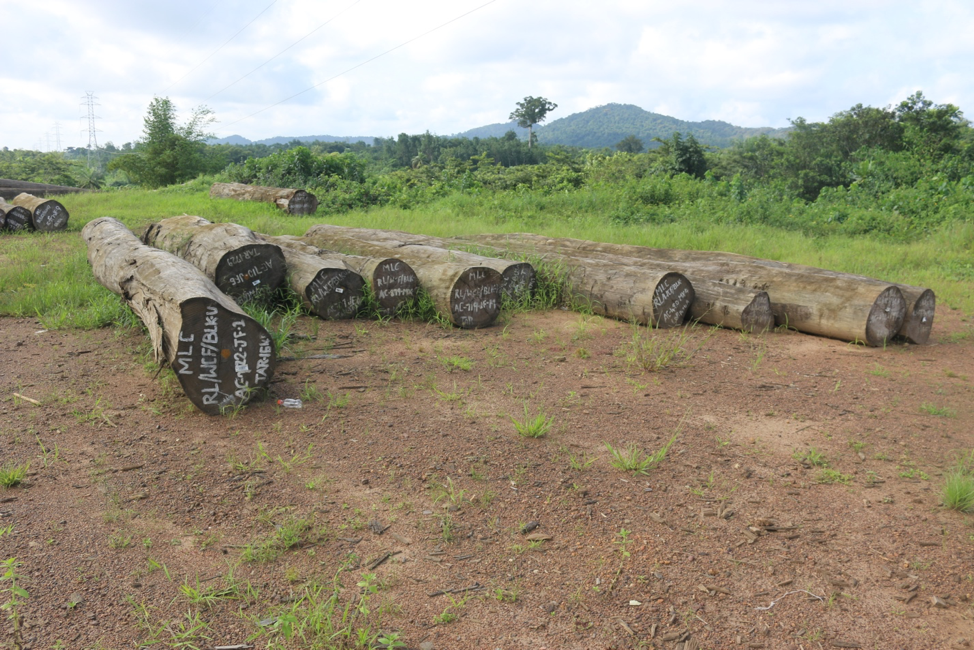
While the company has struggled to export the logs it produced, it has continued to harvest additional logs. The markings on logs at the company’s headquarters in Saul Town, Compound Number One B indicate they were harvested this year and contain some of the first-class species we saw at Bokay Town.
That is a breach of the regulation, which calls on the agency to disapprove of the harvesting or export permits of companies that abandon logs on a large scale.
It is not the only time the FDA has reneged on punishing Masayaha for a violation. During the same period the firm abandoned the woods, it harvested logs way about 100 kilometers outside its concession, a recent investigation by The DayLight revealed.
The company had signed illegal agreements with a number of towns in the Doe Clan of Compound Number One A. Several chiefs and elders who helped seal the illegal deals admitted in a dozen of interviews with us. Villagers said the company cut only ekki logs, red hardwoods used for building railroads and bridges.
Masayaha’s production record between 2020 and 2021 seemingly backs that claim. It exported 360 ekki woods during that period, compared to just 17 in the previous term.
Evidence shows that the FDA was also aware of the violation but did not punish the company. Investigators of the leaked FDA report recommended “appropriate” action against Masayaha for that offense. Also, Société Générale de Surveillance (SGS), a Switzerland-based firm that developed Liberia’s log-tracking system or LiberTrace, also reported the illegal operation.
The FDA has not sought a court order to confiscate and auction the illegally harvested logs Masayaha cut outside its contract area. It did not fine the company two times and four times the prevailing international price of the volume of logs it harvested in 2020 and last year, respectively, in line with the Regulation on Confiscated Logs, Timbers and Timber Products.
The agency did not reply to emailed queries for comments on the issue.
Ali Harkous, Masayaha’s owner and CEO also did not respond to The DayLight’s quetions placed to him via WhatsApp.
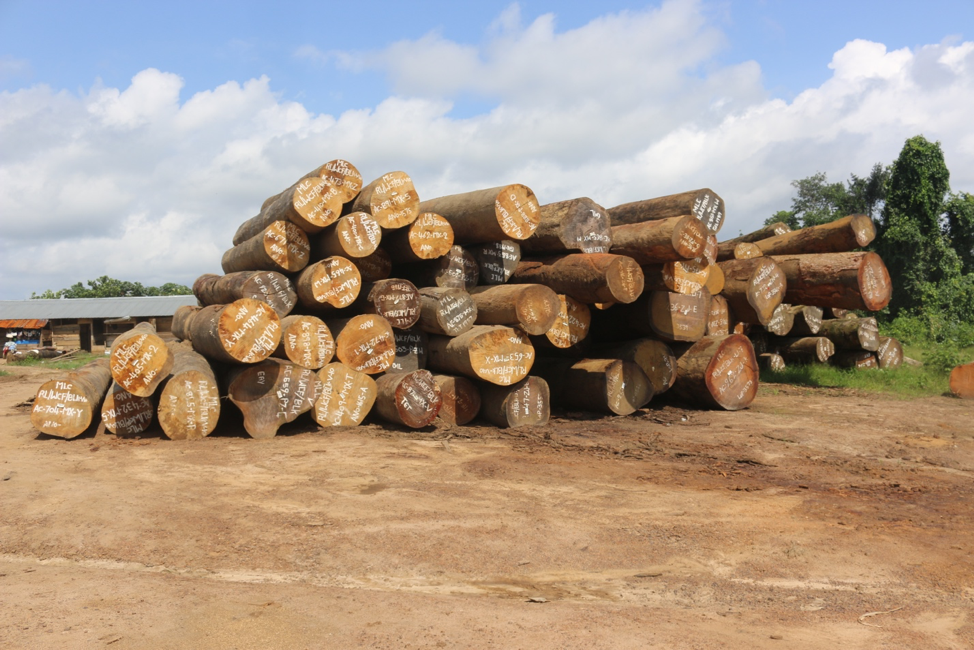
Zahn Dehydugar contributed to this report.
The story is a production of the Community of Forest and Environmental Journalists of Liberia (CoFEJ).

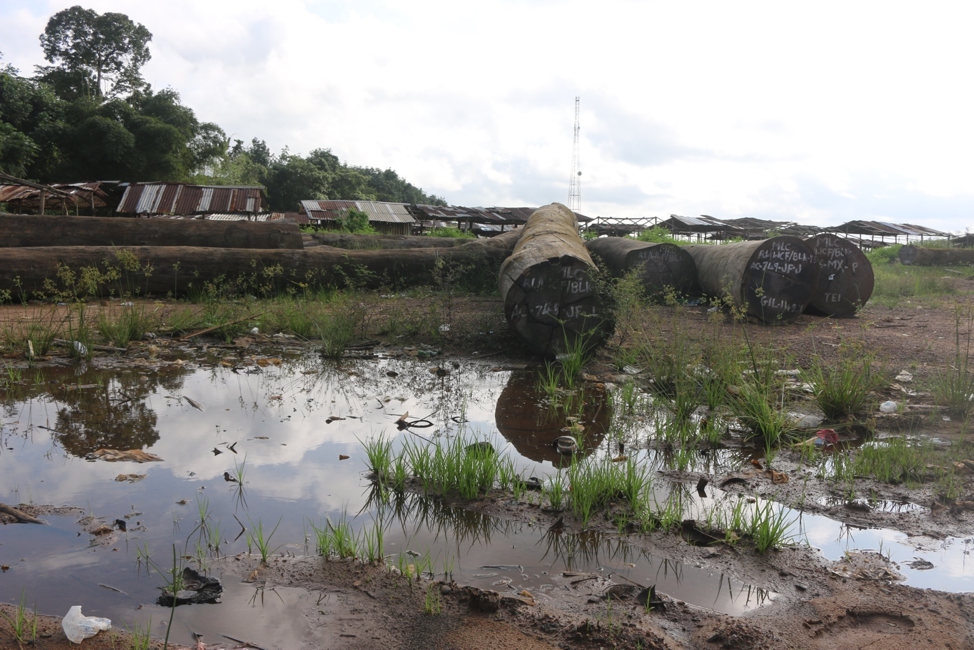
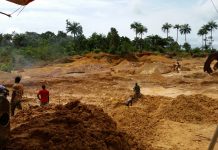

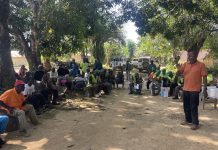
Facebook Comments